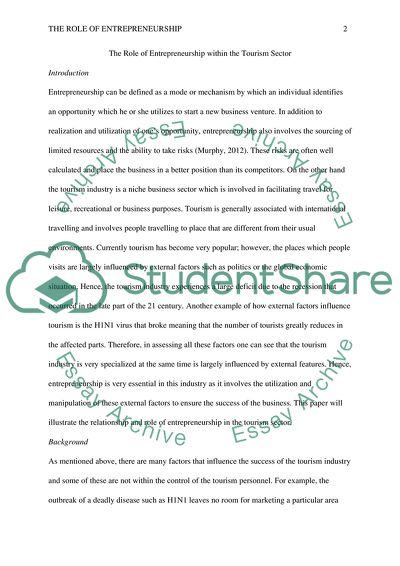Cite this document
(The Role of Entrepreneurship Within the Tourism Sector Coursework, n.d.)
The Role of Entrepreneurship Within the Tourism Sector Coursework. https://studentshare.org/tourism/1832377-the-role-of-entrepreneurship-within-the-tourism-sector
The Role of Entrepreneurship Within the Tourism Sector Coursework. https://studentshare.org/tourism/1832377-the-role-of-entrepreneurship-within-the-tourism-sector
(The Role of Entrepreneurship Within the Tourism Sector Coursework)
The Role of Entrepreneurship Within the Tourism Sector Coursework. https://studentshare.org/tourism/1832377-the-role-of-entrepreneurship-within-the-tourism-sector.
The Role of Entrepreneurship Within the Tourism Sector Coursework. https://studentshare.org/tourism/1832377-the-role-of-entrepreneurship-within-the-tourism-sector.
“The Role of Entrepreneurship Within the Tourism Sector Coursework”. https://studentshare.org/tourism/1832377-the-role-of-entrepreneurship-within-the-tourism-sector.


